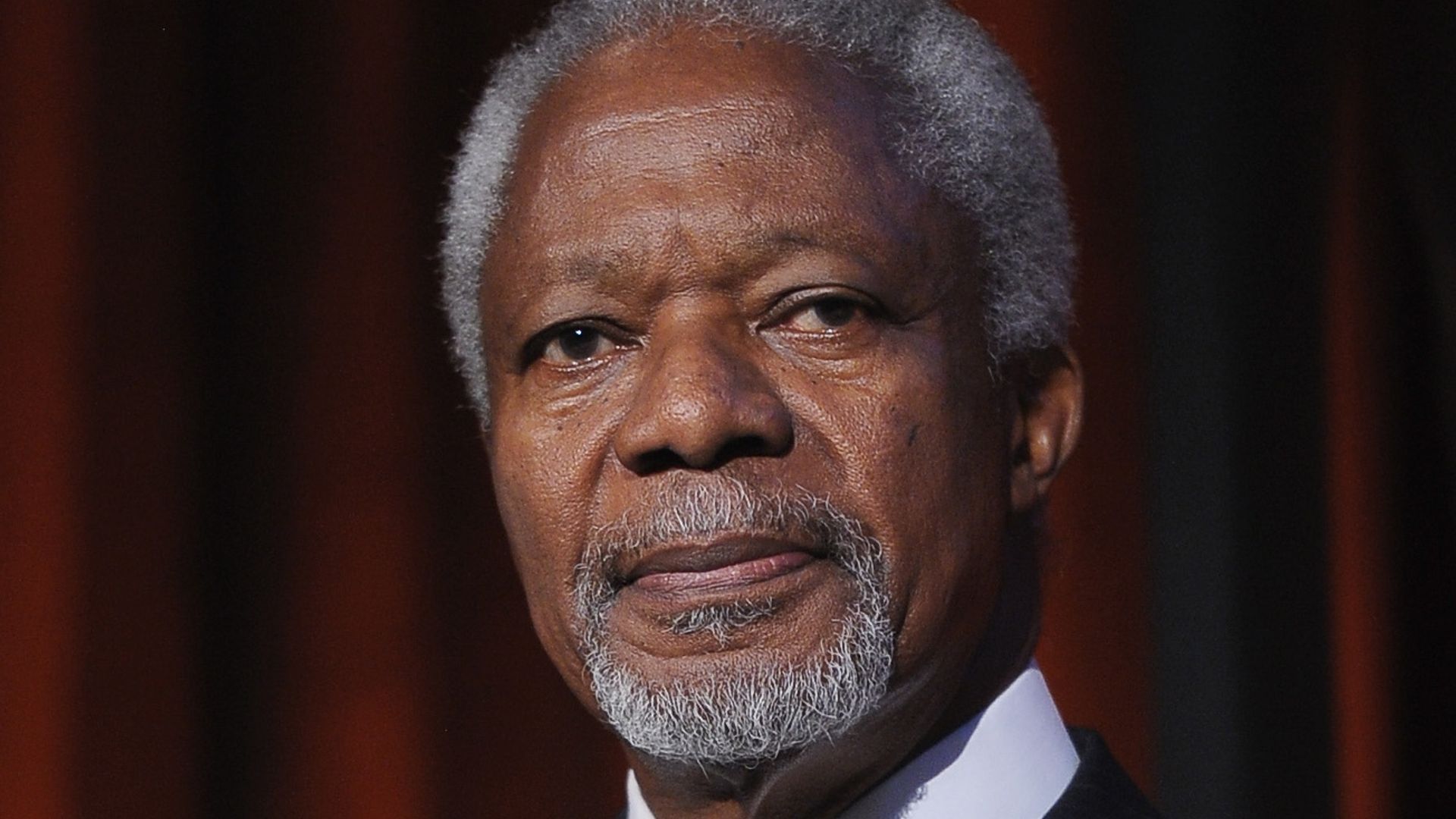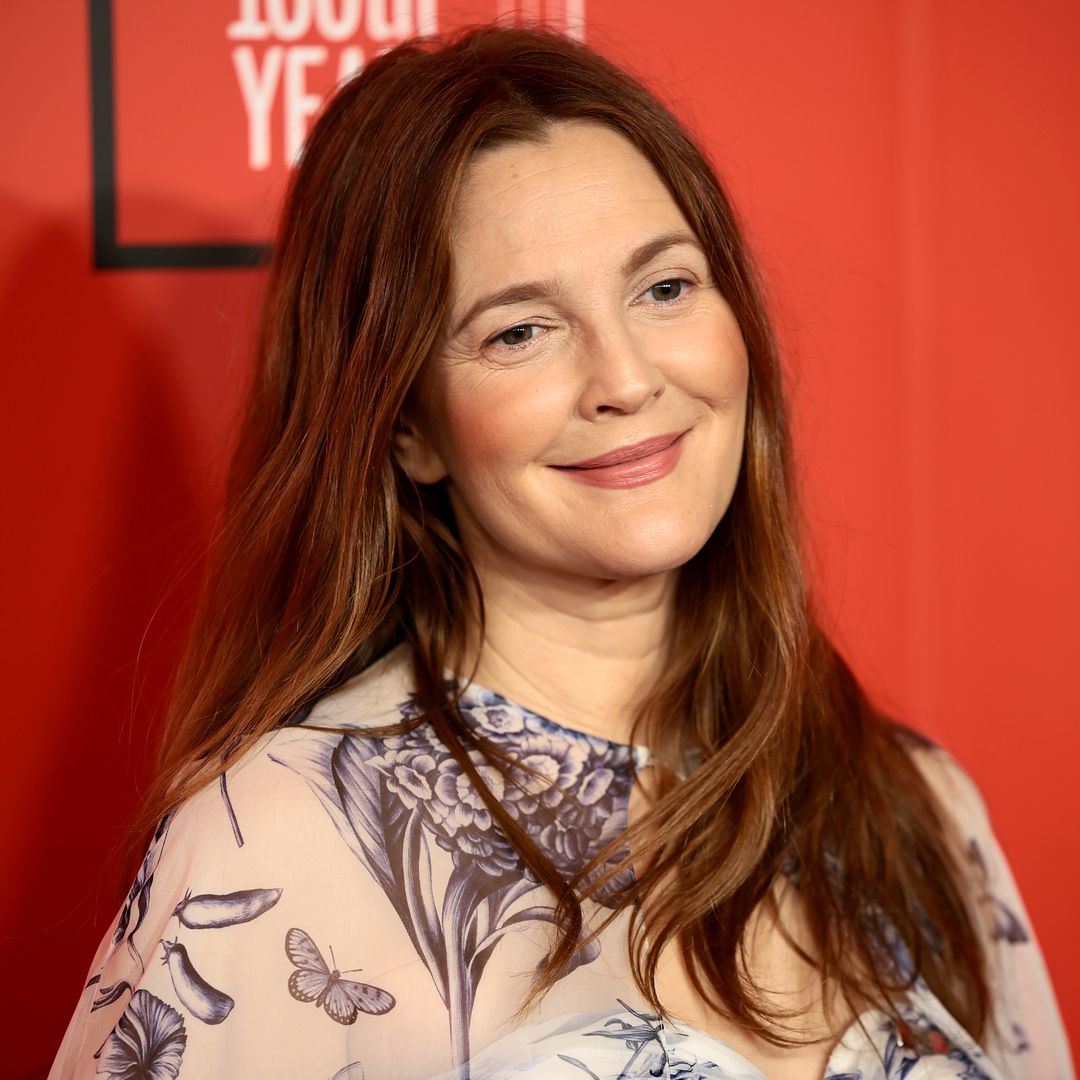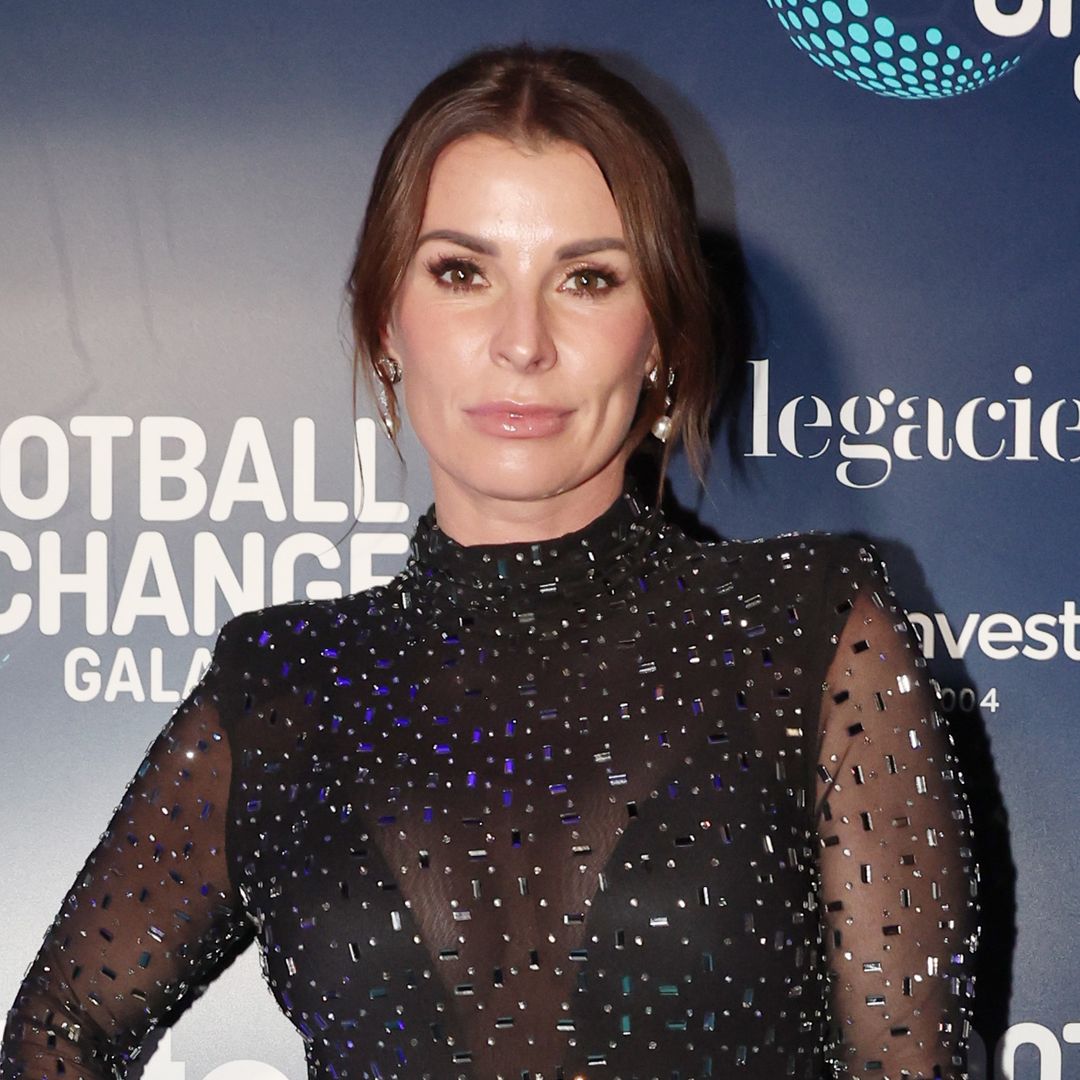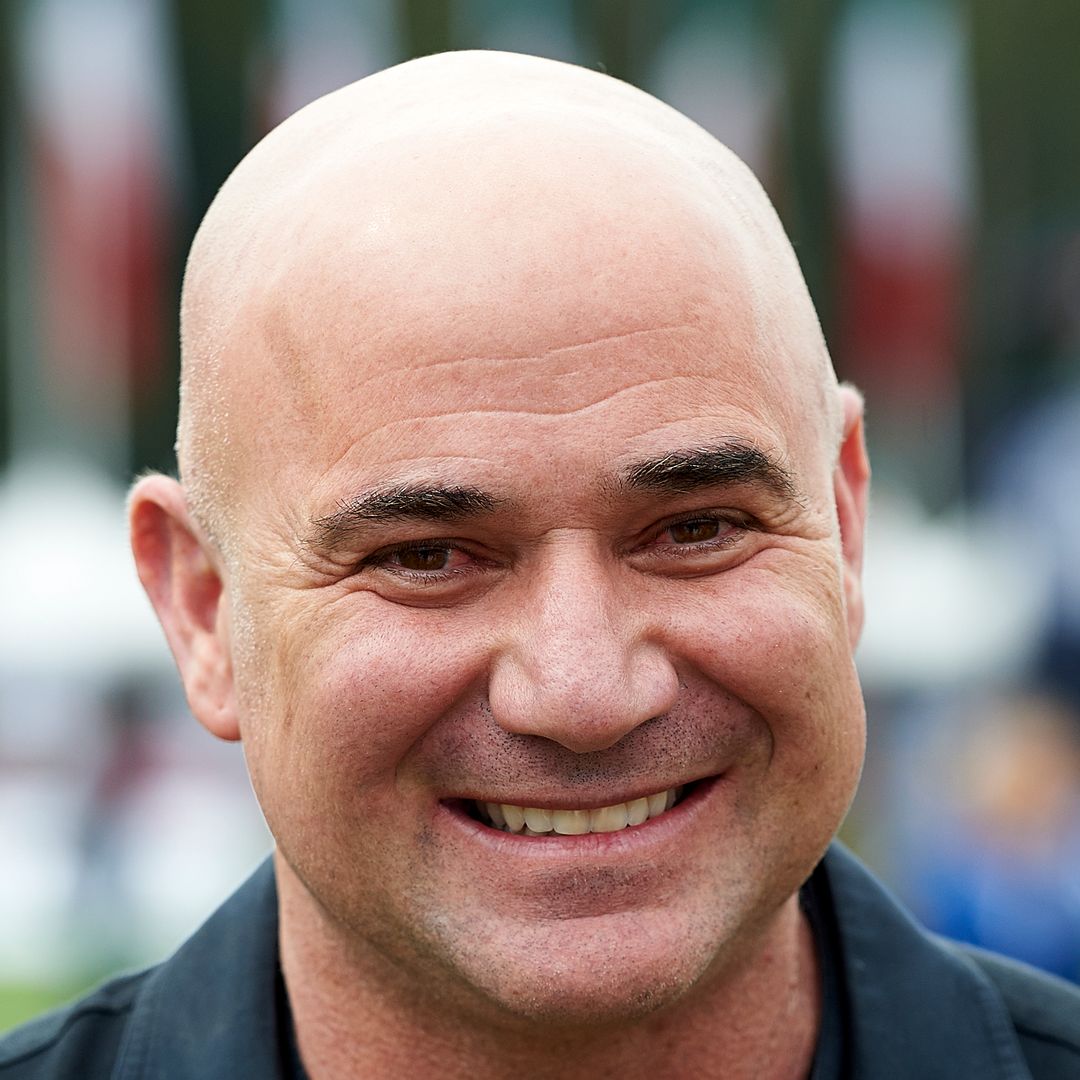In 1959, Kofi Annan was studying at Macalester College in Minnesota, a US state infamous for its harsh winters. While he bundled up in heavy winter gear, the young Kofi drew the line at earmuffs. "I thought they were inelegant and ugly," he said. Then came the day he ventured outside and nearly froze. After that, he confesses: "I went out and got the biggest pair of ear muffs I could find!" And the moral of the story? "You never walk into a situation and believe that you know better than the natives."
The lesson learned was one the pragmatic student would bring to his role as UN Secretary-General nearly four decades later, when he became the first UN leader to rise from within the ranks of the organisation, and the first black African elected to the post.
Early life
Kofi Annan was born on April 8, 1938, to a prominent family among the Fante people of the Ashanti region in Ghana. He showed signs of leadership at boarding school, where he led the other boys in a hunger strike to demand better food and won. As the years passed, he flourished at school and went on to study at the University of Science and Technology in Kumasi. The international statesman said his early years in Ghana during the country's struggle for independence shaped his approach to life.
"As a young man I saw major changes taking place around me," he explains. "The colonial power was handed over to the country, to what we call 'freedom fighters'. People were released from jail and became prime ministers and presidents. So I grew up believing that change is possible, that everything is possible. That one can dare to try to make a difference."
The budding diplomat's road to the UN began when he was spotted by a Ford Foundation talent scout at a meeting of African student leaders in Sierra Leone. He won a leadership grant from the agency, and enrolled in a summer programme at Harvard University. Kofi finished his undergraduate degree at Macalester College, then went on to graduate studies at the Institut Universitaire de Haute Etudes Internationales in Geneva. He returned to the US in 1971 as a Sloan Fellow at the prestigious Massachusetts Institute of Technology, receiving a master of science degree in management.
Career in the United Nations
Fluent in English, French and several African languages, Kofi joined the UN system as an administrative and budget officer at the World First Health Organisation in Geneva in 1962. He quietly rose through the ranks of the UN over the next 30 years, serving in a number of posts everywhere from Cairo to New York. His period of near anonymity came to an end, however, when he took on the high-profile task of negotiating the release of Western hostages in Iraq during the Persian Gulf war.
After gaining further recognition for overseeing the withdrawal of UN forces from Somalia in 1994 and heading up peacekeeping operations in Bosnia the following year, Kofi was chosen as the UN Secretary-General in 1997. Just four years later, he - along with the international organisation - was awarded the Nobel Peace prize for his work. The head of the Norwegian Nobel committee, Gunnar Berge, praised him for giving the UN "an external prestige and an internal morale the likes of which the organisation has hardly seen in its over 50-year history."
"I treat everybody from messengers to presidents with respect," said the soft-spoken Secretary-General, a quality along with his famously careful style and his uncanny cultural sensitivity that has aided his unprecedented success in the United Nations. He also seems to have maintained his sense of humour, as demonstrated by a guest spot resolving a muppet conflict on Sesame Street, the first appearance on the children's programme by an international statesman.
In 2007 after UN secretary-general, Annan took up residence in Geneva and founded the Kofi Annan foundation.
Personal life
A Nobel prize winner for his work on smoothing out volatile global situations, Africa-born Kofi became adept at managing minor cultural distinctions at home as well. He married Swedish attorney Nane Lagergren in 1984, but admits that in the beginning their different backgrounds meant even a task as simple as organising a dinner party could cause problems.
"That's a country where if you invite them for eight o'clock, they will get there early, circle the block, and ring the bell at eight," he explained Nane was accustomed to punctuality, whereas the couple's African friends might arrive, well, fashionably late. "She used to get furious," said Kofi. Ever the problem solver, the future UN Secretary General offered a peacekeeping solution: "I said, just don't do soufflés."
Kofi passed away in 2018 and a state funeral was held for him in Ghana at the Accra International Conference Centre.









